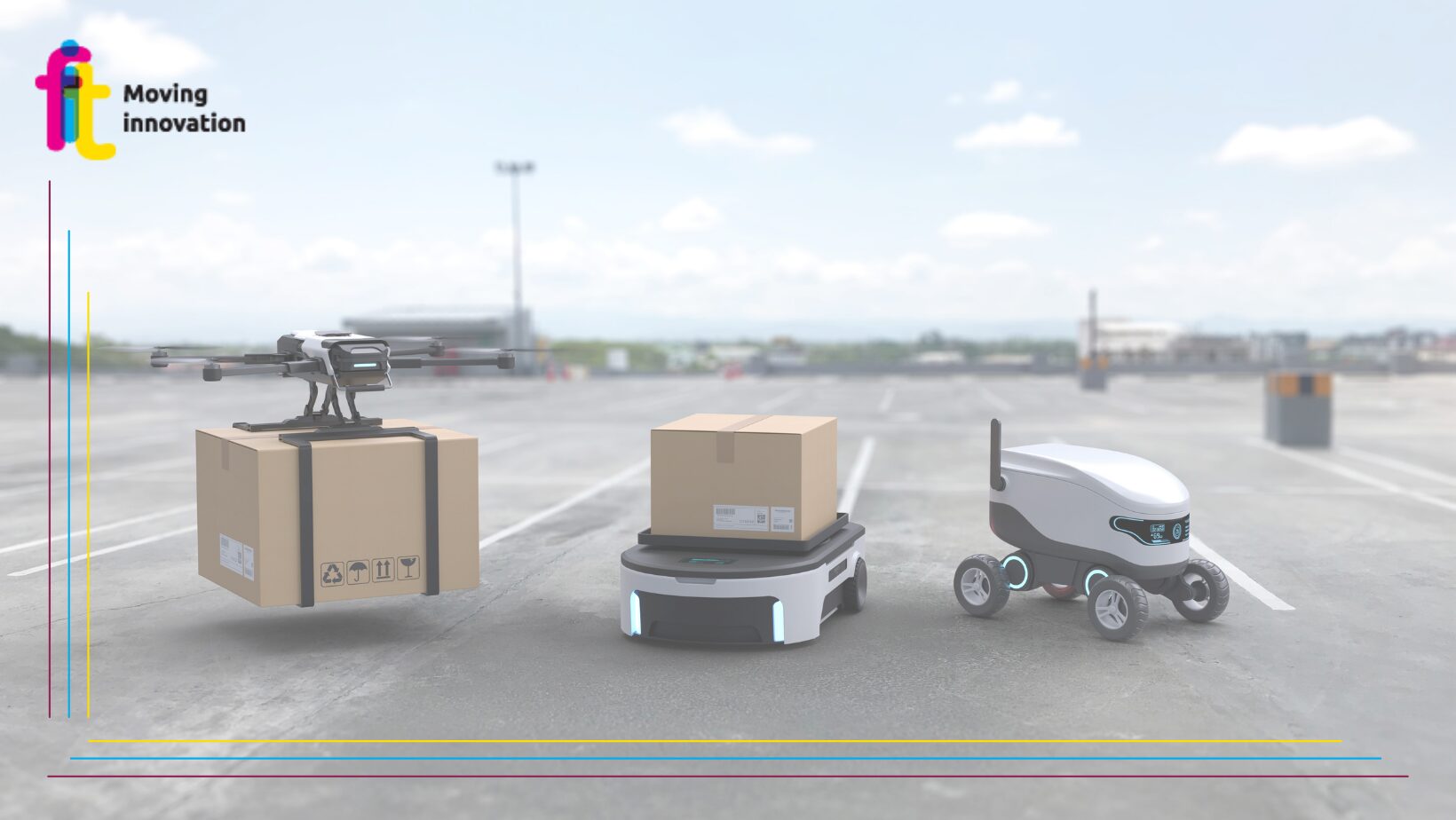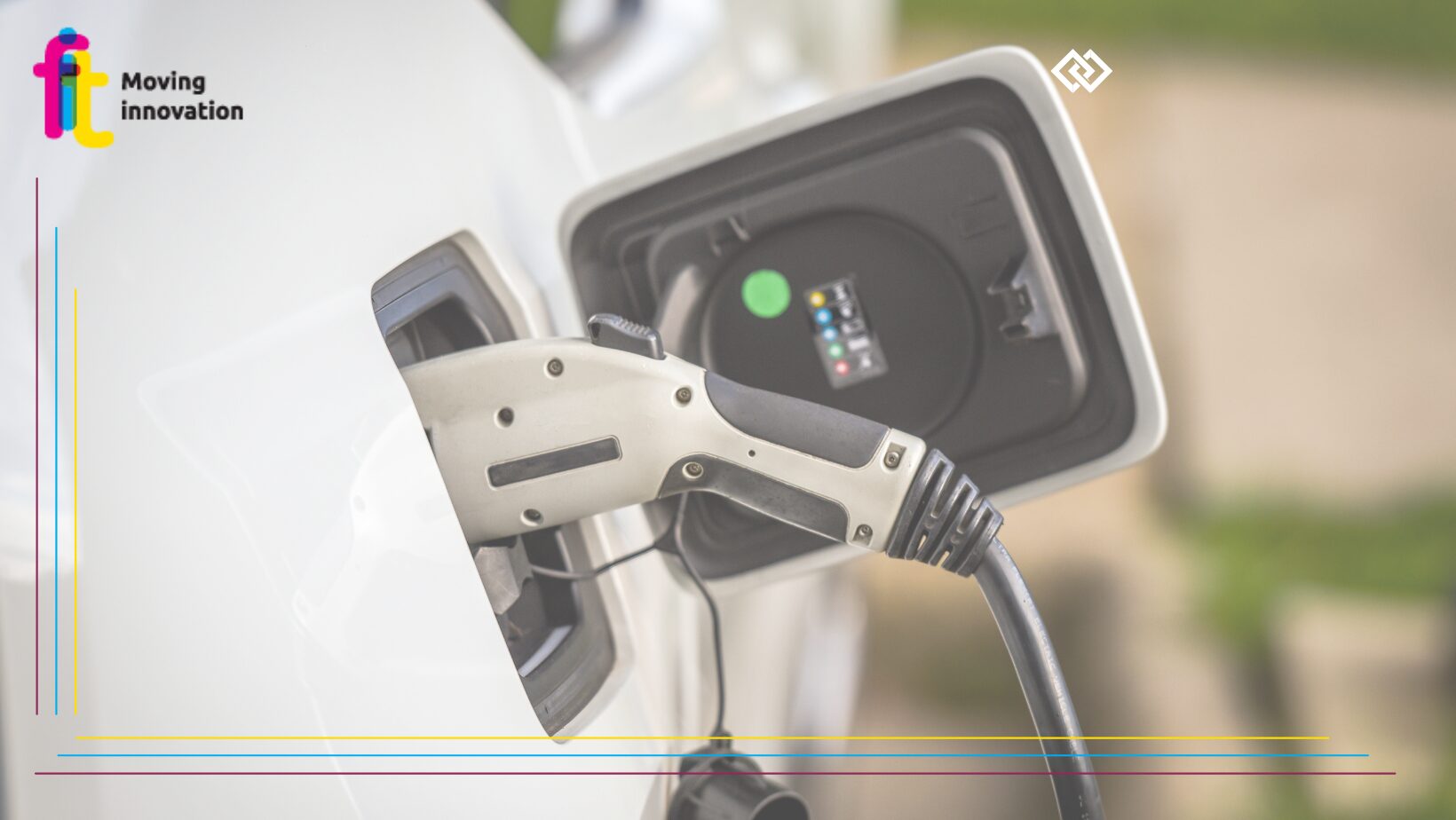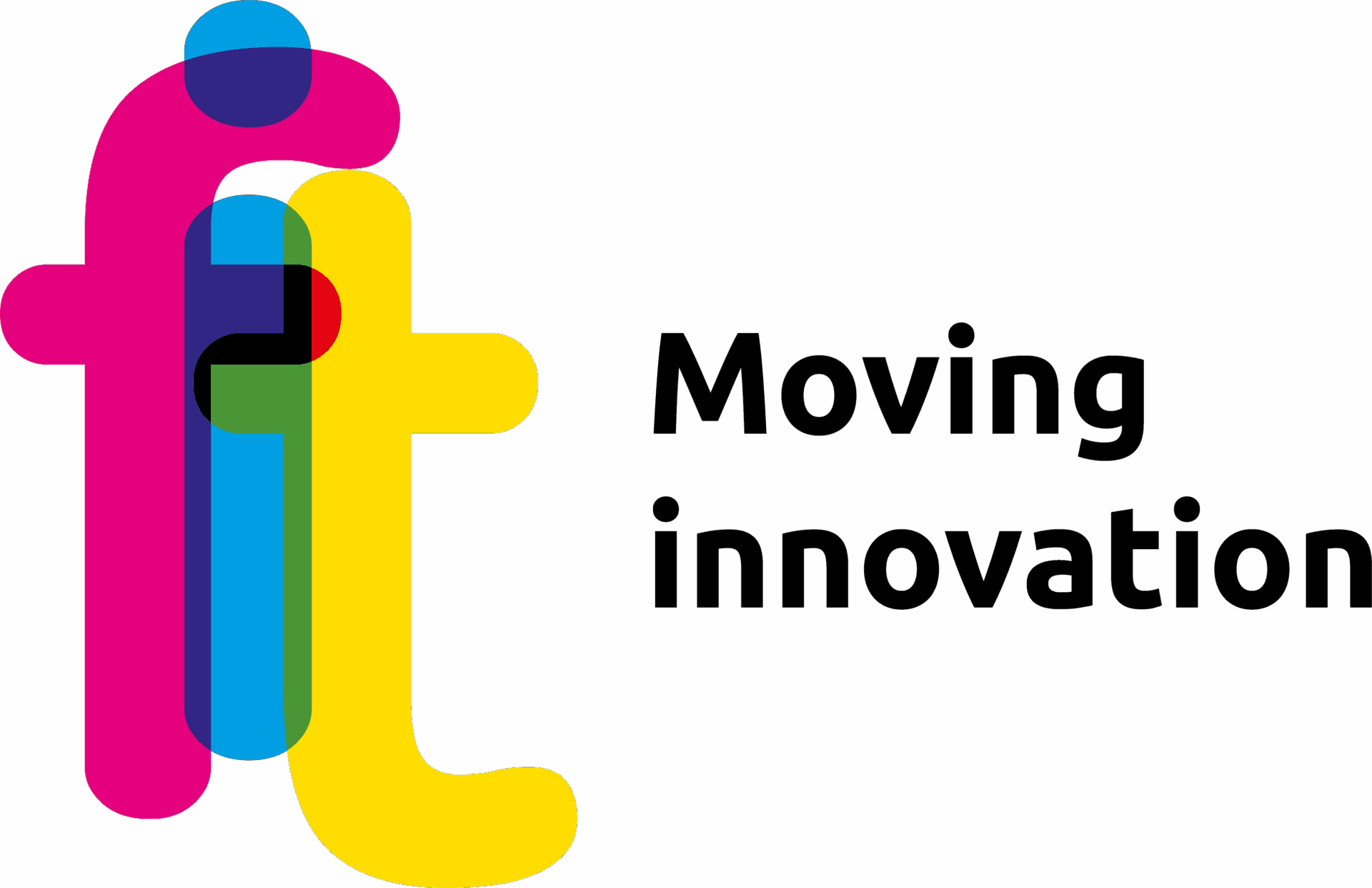The city of Vilnius, Lithuania, experiments with autonomous driving for home deliveries
On the technological innovation front of last-mile deliveries, Lithuania is trying to take the lead in Europe and is doing so by testing theautonomous driving for last mile deliveries. In Vilnius, in the city centre, a fleet of autonomous cars took part in an experiment in heavy traffic situations, delivering parcels to final recipients. The project, realised by the start-up LastMile, seems to have borne fruit by demonstrating ‘what already works and what, on the other hand, can still be improved,’ stressed the manager and co-founder of the start-up Tad Norušaitis.
Already in 2022, the first autonomous car of the LastMile Company travelled through the Balsių district of Vilnius. Less than a year later, three robots appeared in the centre of the capital, taking the title of the first trio of robot-runners to move through the traffic of the city’s central streets. “The pilot project, centred on Vilnius, has not only become a significant milestone for delivery services in Europe, but has also provided useful lessons in efficiency, sustainability and technology integration. Most importantly, it has been confirmed by the favourable environment for business innovations that have formed in Lithuania. State institutions view them favourably, and business partners and buyers are hungry for innovations that can then be applied to other markets,’ explained Norušaitis.
The results of the experiment
The statistics, in fact, speak for themselves:in 136 days autonomous cars drove more than 5,000 km. Robots were not involved in no traffic accidents, have delivered purchases more than 500 times and thedaily record was 18 deliveries. A telephone survey conducted by the company also revealed thatmore than 95% of respondents find the courier robot convenient to use. In addition, respondents praised the clarity and user-friendliness of the service, appreciated the new approach to delivery and were unanimously satisfied with the freshness and condition of the goods delivered.
“Retail is full of complex challenges and it is not often that one solution can solve several of them at once. Self-driving cars have helped us rationalise and reduce delivery costs and confirmed that we will be able to alleviate labour shortages in the future. In addition, we have proven that home delivery can be affordable and sustainable. Electric motors mean not only zero emissions, but also less noise pollution, which is a major problem in cities,’ Norušaitis said.
Progress in legal regulation
According to the director of LastMile, to take their first steps, autonomous delivery robots required not only technological know-how, but also aupdating the Lithuanian legal regulatory system. “All countries face this problem: the rules have to be adapted so that they also accommodate the practical subtleties of introducing autonomous vehicles on public roads. After all, such cars simply did not exist before: there were questions about their registration and insurance. We are pleased that the Ministry of Transport has taken the new requirements into account and, through cooperation, we have readily prepared the legal basis for future projects.
The most important and difficult challenge to achieving changes in legal regulation is ensuring security of new vehicles. LastMile’s self-driving cars have not been involved in any accidents, even on the city’s busiest roads.
The awards obtained
The beginning of a new era in city logistics has not gone unnoticed. LastMile was recognised as the innovation of the year at the Green Transportation Awards and Vilnius also received international attention for making solid progress in the field of autonomous robots. “Looking to the future,” Norušaitis said, “the success of the autonomous car experiment in Vilnius paves the way for a more active use of these technologies and the integration of different equipment. Using the potential of autonomous technologies, we can promote efficiency, sustainability and innovation in logistics, thus creating smarter and greener cities.”
Source: Made in Vilnius








